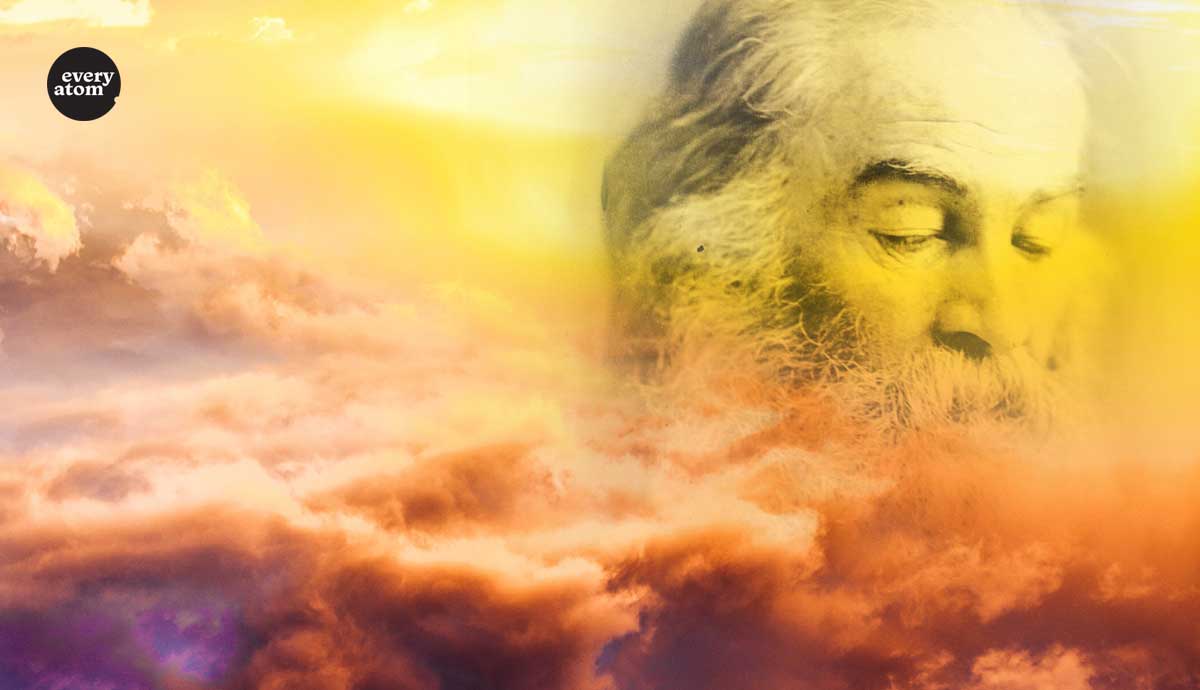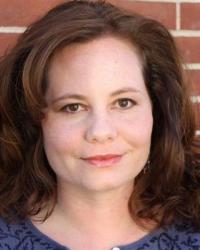Every Atom | No. 90
Introduction to Every Atom by project curator Brian Clements
The first time I saw a manuscript page in Whitman’s hand was electric. He changed his mind all over the page. A word or two in about every other line was crossed out. He’d written different words above in graphite, and some changes were made lightly like a private question, while others shouted with a decisive heaviness.
Years later, looking for a new way to teach revision to my creative writing students, I used an image from Whitman’s notebook, a page from the Humanities Research Center at the University of Texas, a proto-version of what would become “Song of Myself.” A line reads, “And to me each acre of the earth and sea”, and in much darker and bolder ink, he’s crossed out “earth” and written “land” above it. In class, we discussed the difference between “earth” and “land,” how the implications of each word changed the line, which means we talked about: dirt, farming, grandfathers, ownership, boundaries, outer space, planets, water, ocean, the sea. The poet Kay Ryan says, “Words bring their kith and kin,” which is true not only in sound, but also in ideas.
In the 1855 version of what would become “Song of Myself,” Whitman uses “earth” thirty-two times, “land” eight, and “dirt” four, but it’s his use of “earth” that fascinates me the most. Often Whitman uses “earth” in the sense of a planetary body, but he invokes and encompasses “body” in all its meanings: planetary, the human body, and a comprehensive work of literature. Whitman is so cosmic, it’s like he’s already seen one of the most reproduced images of all times, earth from outer space, The Blue Marble, taken in 1972 on the last manned mission to the moon.
Whitman as astronaut, Whitman as oracle, Whitman as shapeshifter, seeing his body as dirt, grass, the earth, trading body for body, word for word. Whitman is many poets in one, and one of the reasons he endures is because we see his process. Revision is a cycle, a recycling of body to grass, replacing a good word with its next evolution.
Recommended
Nor’easter
Post-Op Appointment With My Father
Cedar Valley Youth Poet Laureate | Fall 2024 Workshop







